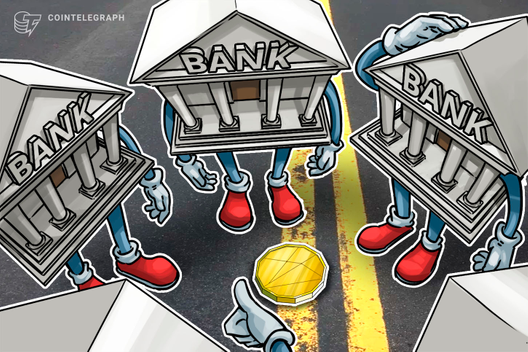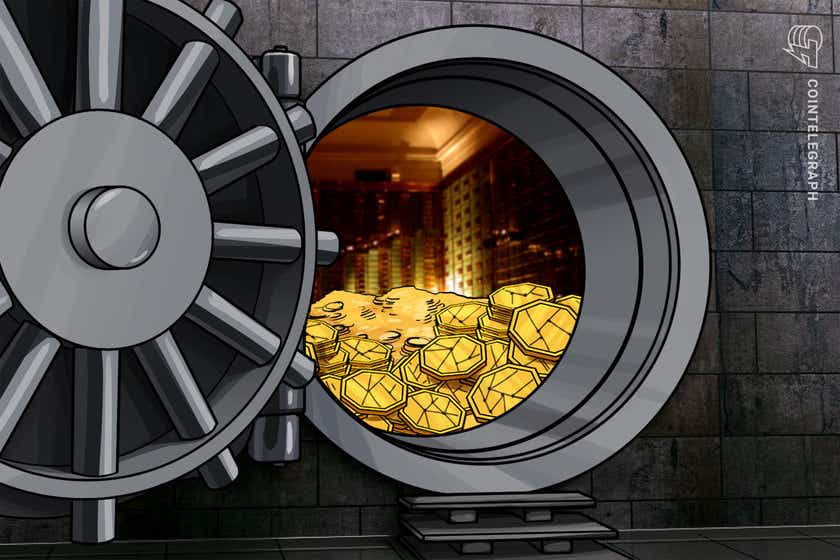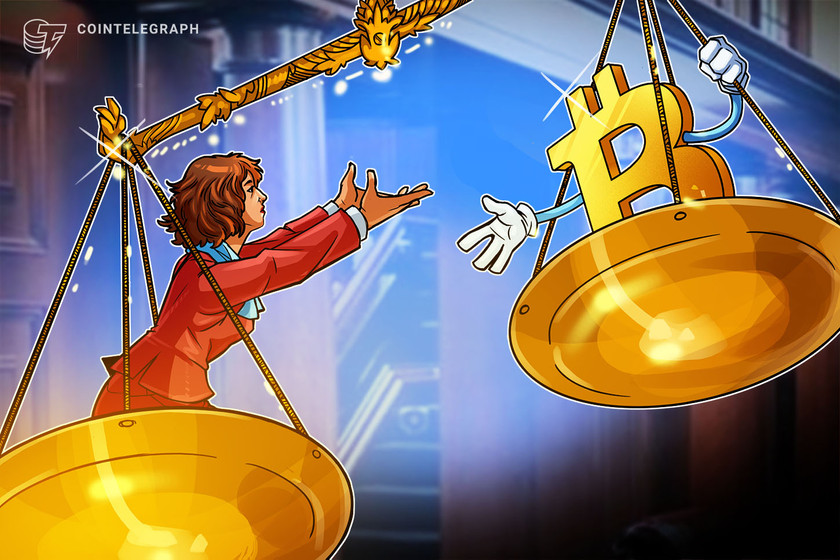Wormhole wins second ‘temp check’ to become bridge for Uniswap governance
Wormhole got over 60% of the vote in the Uniswap DAO referendum, with LayerZero coming in second.

Own this piece of history
Collect this article as an NFT
The Uniswap DAO has approved a second non-binding proposal, called a “temperature check,” to make Wormhole the official bridge for cross-chain governance of the protocol between BNB Chain and Ethereum, according to the official proposal page.
BREAKING: Wormhole has won the vote to be Uniswap’s designated bridge to the Binance Chain! This is a major step forward in the development of the DeFi ecosystem. #DeFi #BNBChain #Uniswap #Wormhole
— BitArchive (@ChainArchives) January 31, 2023
The proposal will now become part of a final plan to deploy Uniswap V3 to the BNB Chain, which will go up for a binding governance vote at some point in the future.
Wormhole was up against three rival bridge solutions in the DAO’s referendum: LayerZero, deBridge and Celer. It got a clear majority with 62.31% of the vote. LayerZero was second with 37.58%, and DeBridge and Celer each got less than 0.1%.
This is the second time the Uniswap DAO has attempted to reach consensus on the choice of bridging solutions. On Jan. 21, the DAO voted in a temp check to deploy Uniswap V3 on the BNB Chain and to utilize Celer bridge to handle cross-chain governance votes. However, even before this vote had finished, some community members had started to express security and centralization concerns regarding using Celer bridge.
Related: DeFi auditor gets $40,000 for identifying Uniswap vulnerability
On Jan. 27, DAO members began voting on this second temperature check to decide specifically on the choice of bridge, with the understanding that the decision to deploy to BNB chain had been settled in the previous vote.
The Solana-Ethereum version of Wormhole was hacked in February 2022, allowing the attacker to gain $321 million worth of crypto in one of the largest decentralized finance exploits ever. However, the Wormhole team replaced the Ether (ETH) in the bridge to reimburse users, and the BNB-Ethereum version of the bridge doesn’t seem to have been affected by the exploit.
LayerZero was recently the subject of controversy, as a rival developer accused the bridging protocol of having security vulnerabilities. The LayerZero team has rejected the accusation, claiming it is misleading.









